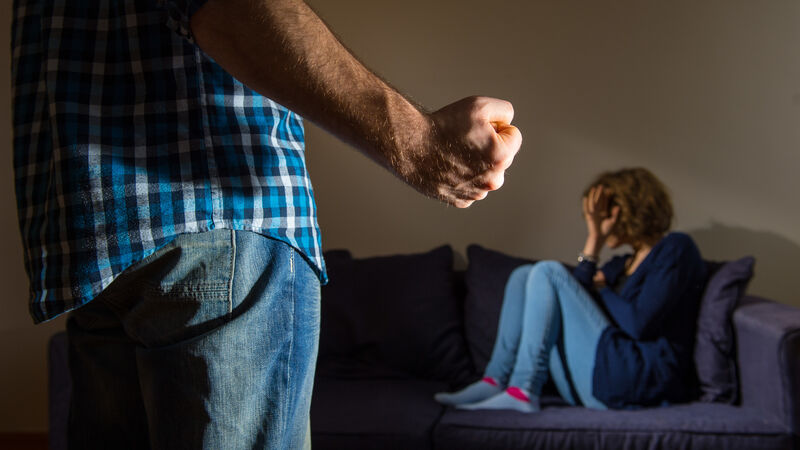Joining the dots between alcohol and domestic violence

MOVE — Men Overcoming Violence — work in the area of domestic violence, with a primary aim of supporting the safety and wellbeing of women and their children who are experiencing, or have experienced, violence/abuse in an intimate relationship. They do this by facilitating men in a weekly group process that involves them taking responsibility for their violence and changing their attitude and behaviour. File photo
The starting point for any conversation regarding alcohol and its role in domestic, sexual, and gender-based violence (DSGBV) is to state unequivocally that alcohol is not, and never will be, an excuse or explanation for DSGBV.
Many people consume alcohol and do not perpetrate violence against their partner or children, and not all who perpetrate domestic violence use alcohol. Unfortunately, what we do know is that alcohol acts as a commercial accelerant of violence and research shows that, in incidences of domestic abuse, it appears the role of alcohol is one of a facilitative nature, a contributing factor.
















